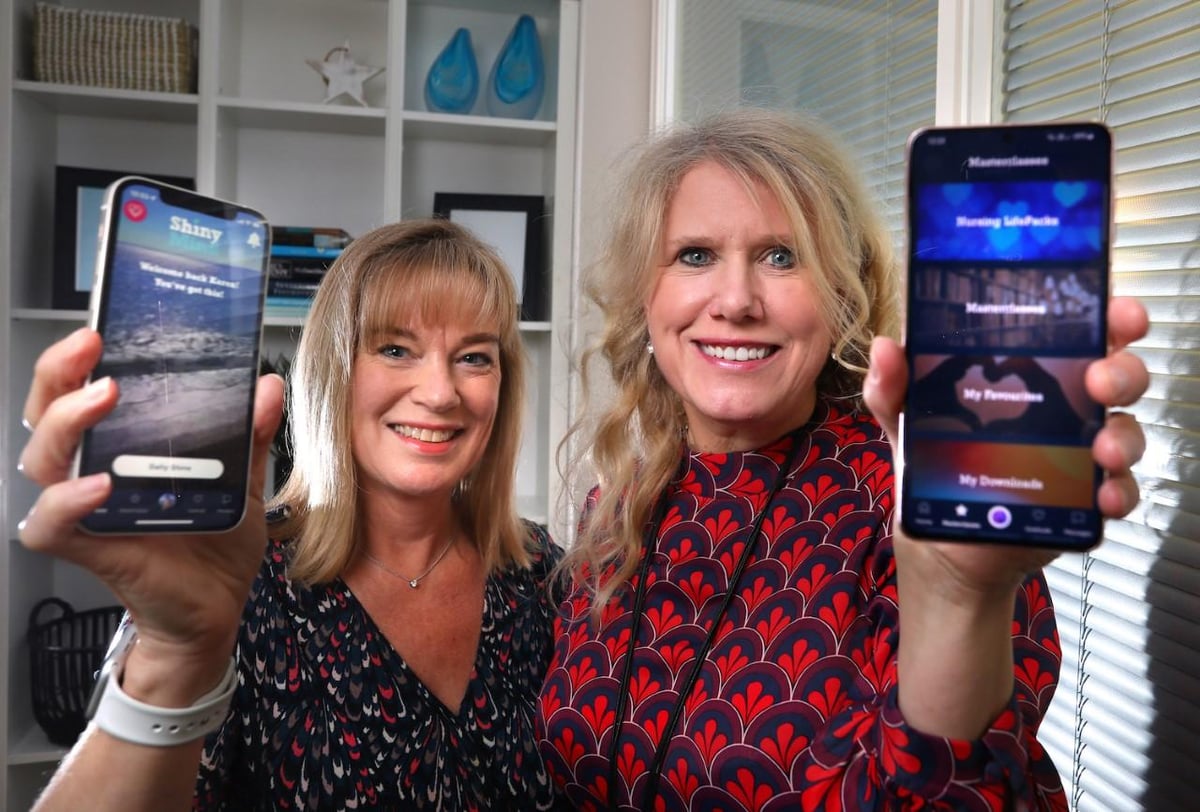NEW BRUNSWICK, NJ — Can you achieve Zen and have a healthy bladder at the same time? A recent study examining the health benefits of the “Yoga of Immortals” app claims that it is possible. Researchers from Rutgers University found that people struggling with loss of bladder control saw significant improvement in their condition after using the app for four weeks.
Loss of control over urination, also known as urinary incontinence, is more common in women than in men. About 25-45% of women suffer from this disease which can impair a person’s quality of life and impair their social, psychological and sexual functioning. Despite the high prevalence rate, less than one in five people seek treatment, be it medication, physical therapy of the pelvic floor muscles, or surgery.
“While these treatments are effective, they have many shortcomings: the drugs have poor compliance and potentially significant side effects; patients often lack the knowledge to identify specific pelvic muscles and motivation to undergo physical therapy and the surgical procedures are invasive with potential complications,” says lead author Hari Tunuguntla, associate professor of urologic surgery at Robert Wood Johnson Rutgers Medical School, in a college outing.
Tunuguntla says taking 30 minutes out of your day to use the app is an effective alternative because it’s safe and convenient. Having it on your phone makes it easy to get help without having to see a doctor in person.
How does the app work?
Yoga of Immortals uses video and audio instructions for specific breathing exercises that engage the pelvic floor, stimulate energy centers for urinary control, and promote relaxation and alignment techniques for better muscle control. Other features include breathwork to enhance detox, mindfulness, and meditation. Previous research on the app has linked it to improved mental health and a person’s quality of life.
The team sent survey requests to app subscribers who lost control of their bladder because they couldn’t reach the toilet in time or lost control while sneezing, coughing or laughing. The app’s 258 users from 23 countries aged between 18 and 74 – most of them women – completed questionnaires after four and eight weeks – reporting any improvement in their condition.
After four weeks, 76% of people surveyed saw an improvement in the frequency and severity of urine leakage without having to see a doctor. Most continued to see improvements after two months. People with the most severe leaks showed the greatest improvement in activity of daily living and quality of life, rating themselves as “much better” at the end of the study. Based on the results, the study authors suggest that the app could successfully complement ongoing treatments or increase treatment adherence.
“Because of its convenience, flexibility and effectiveness, the app can increase access to care and serve as a first-line treatment for women and men with urinary incontinence. It is an easily accessible self-management treatment,” says Tunuguntla. “However, further studies are needed to test the efficacy of the app in improving this condition in the long term.”
The study is published in the journal Urology.
 AD Roberts
AD Roberts


